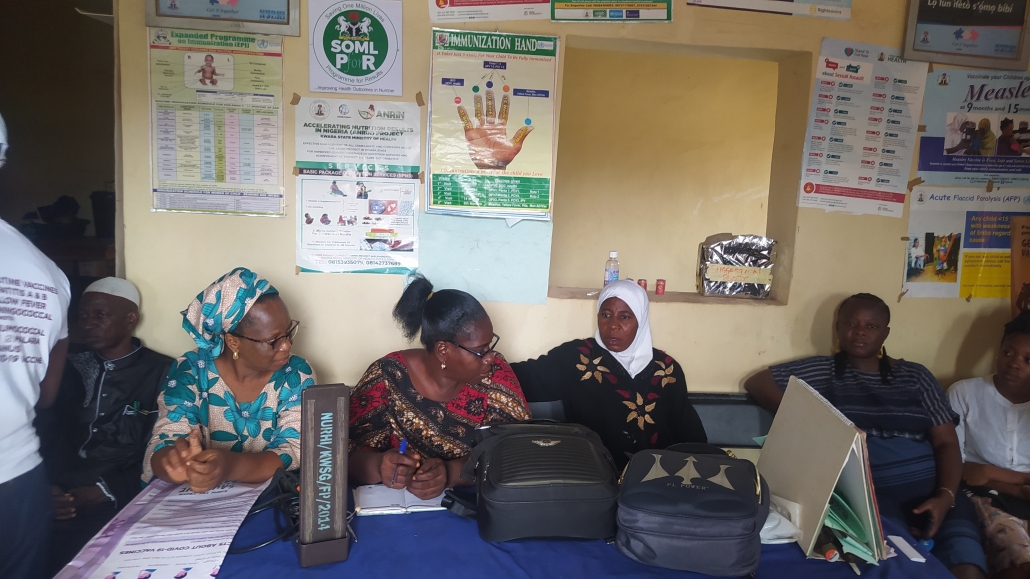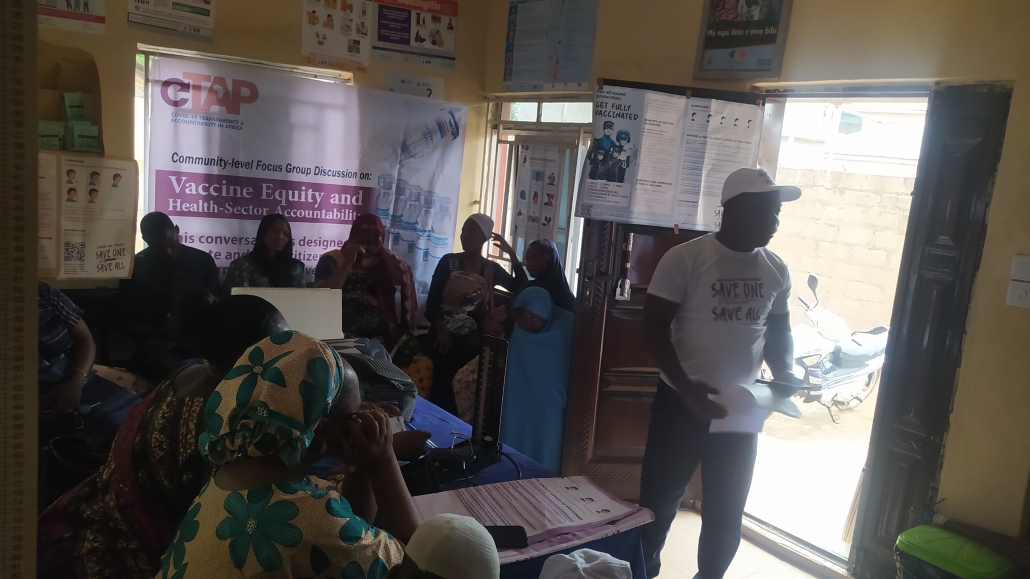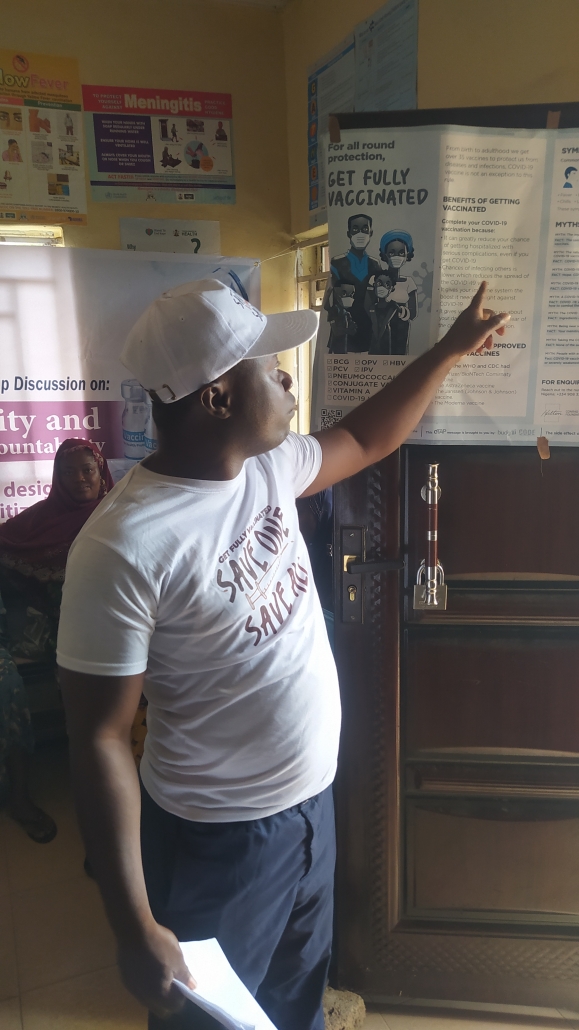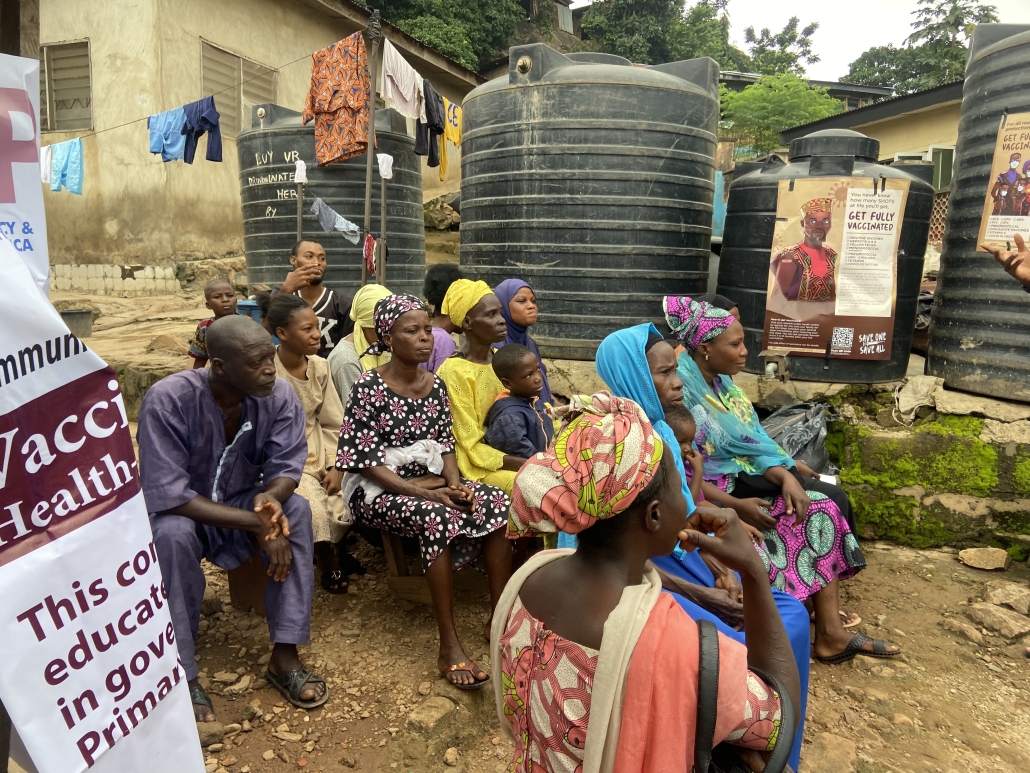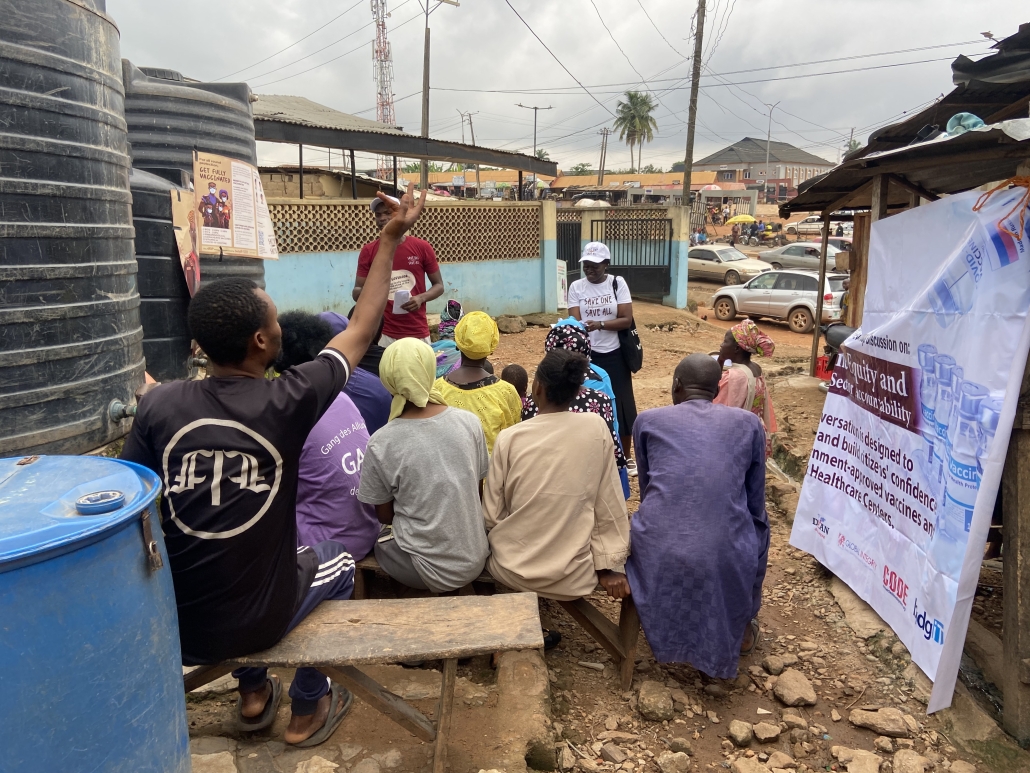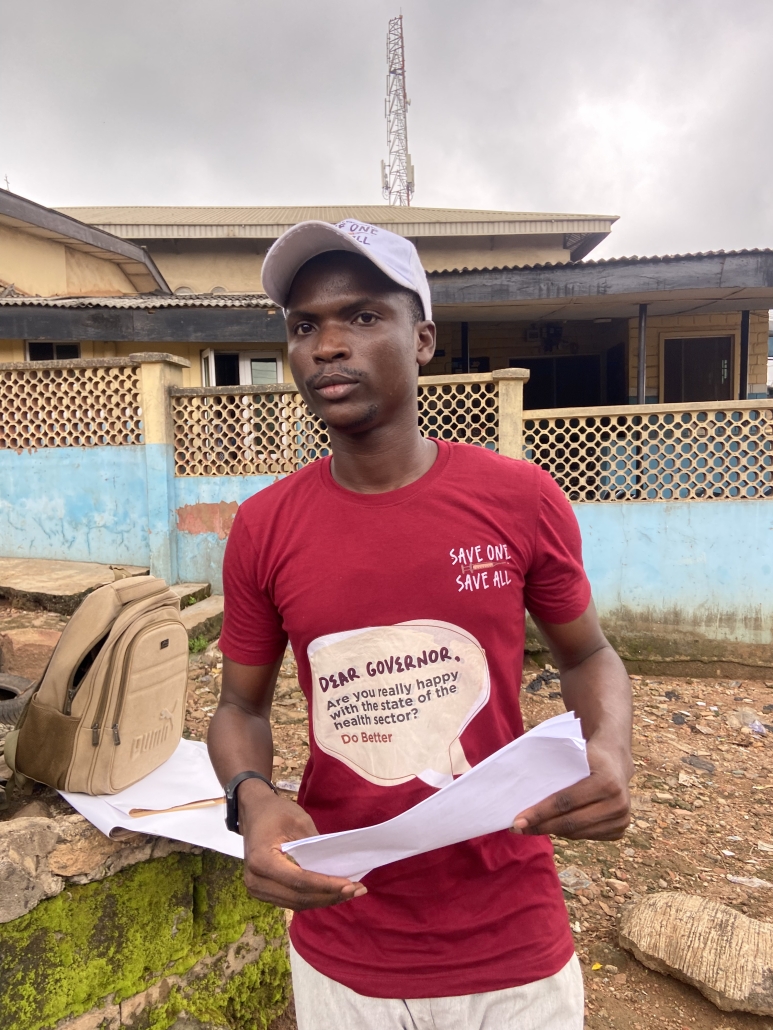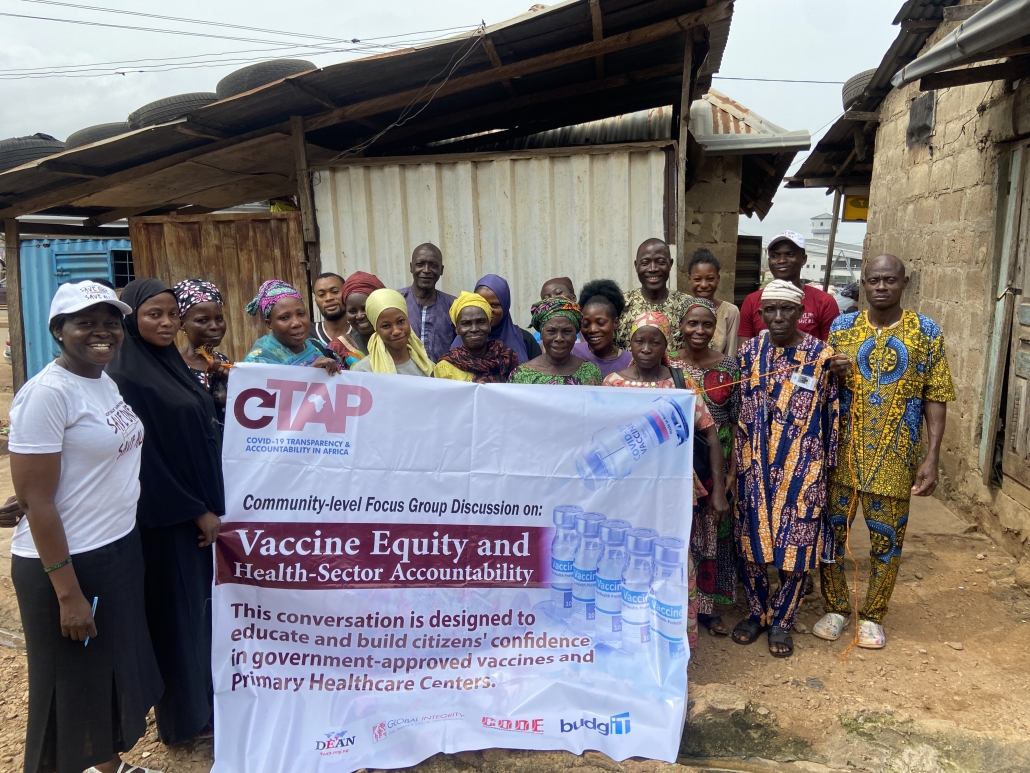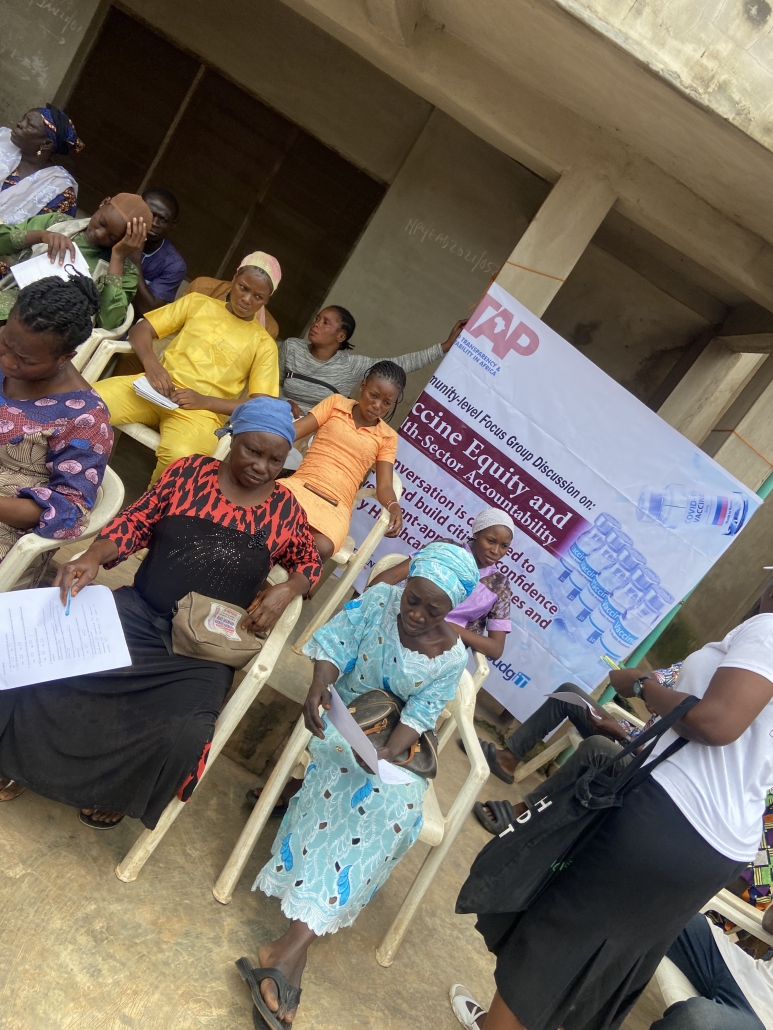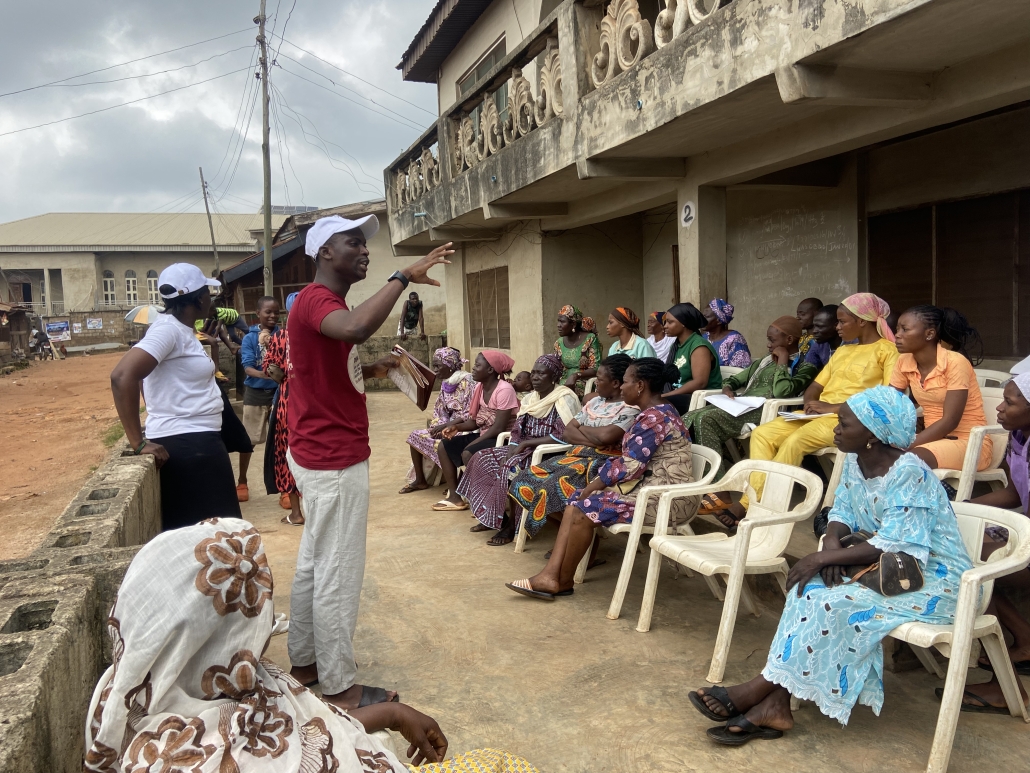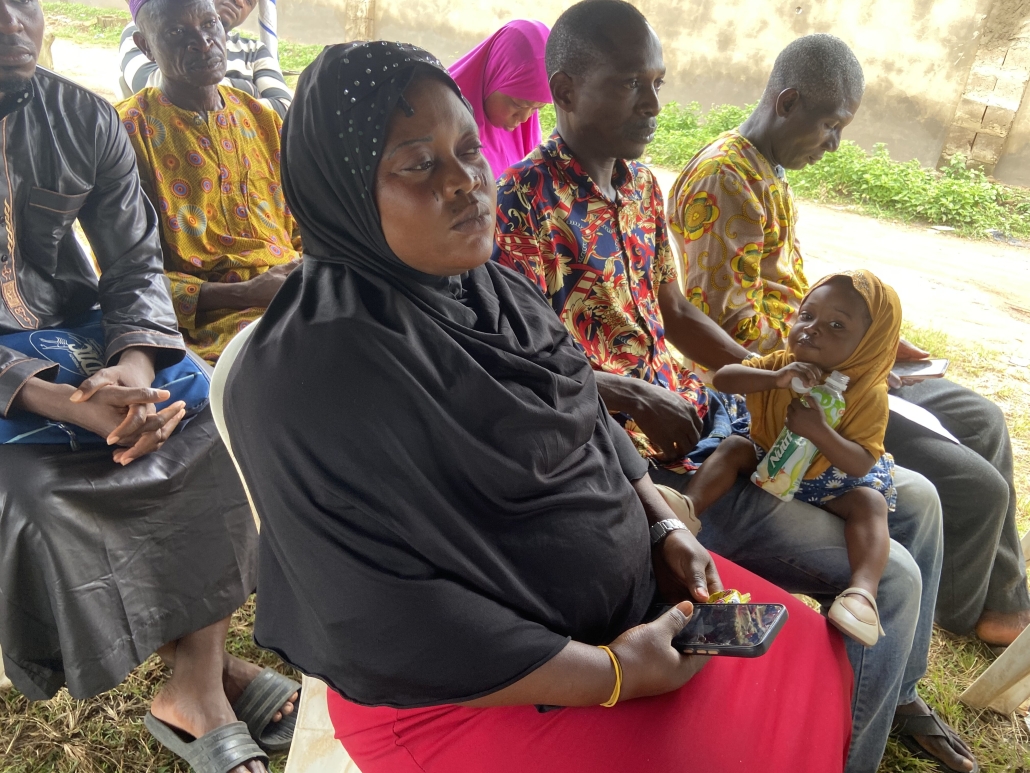Felele: DEAN Initiative Orchestrates CTAP Focus Group Discussion with Community Citizens
In a lively part of Ibadan, called Felele, Over 50 People came together through the COVID-19 Transparency and Accountability Project (CTAP), powered by the DEAN Initiative, to talk about their experiences. This wasn’t just a chat – it was like a community song, with everyone sharing their stories. In this gathering, the real heroes were the community health workers supported by DEAN Initiative’s team. They played a big part in telling everyone why getting the COVID-19 vaccine was important. Their hard work, backed by the DEAN Initiative, became like a strong shield for Felele against COVID-19.
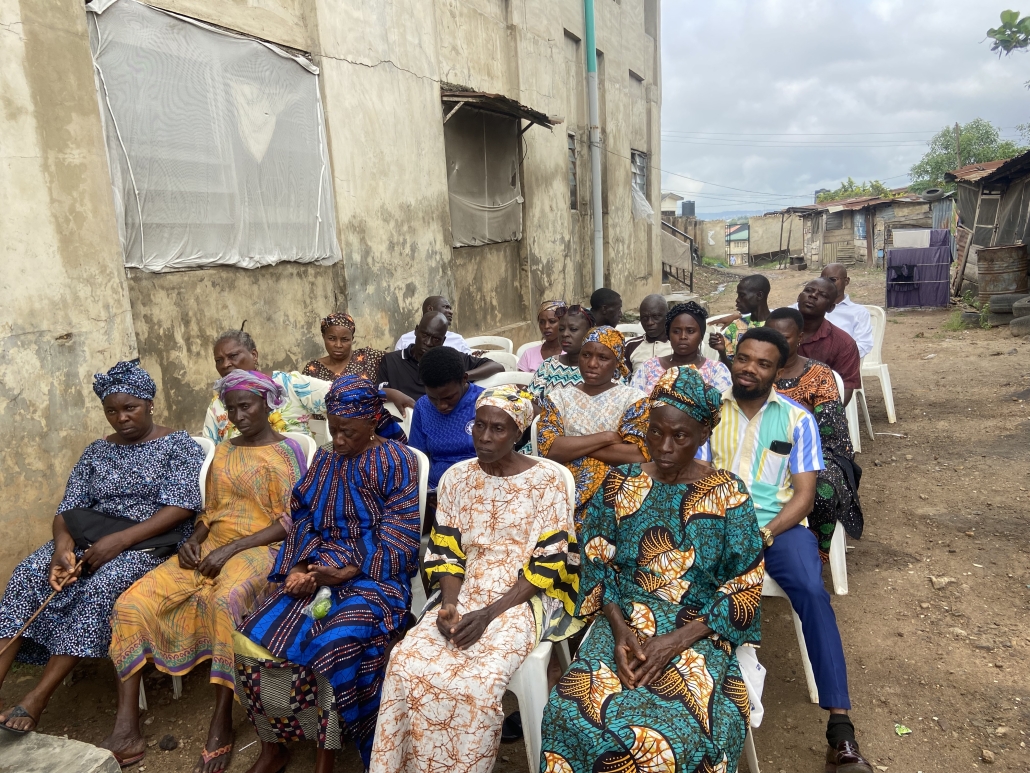
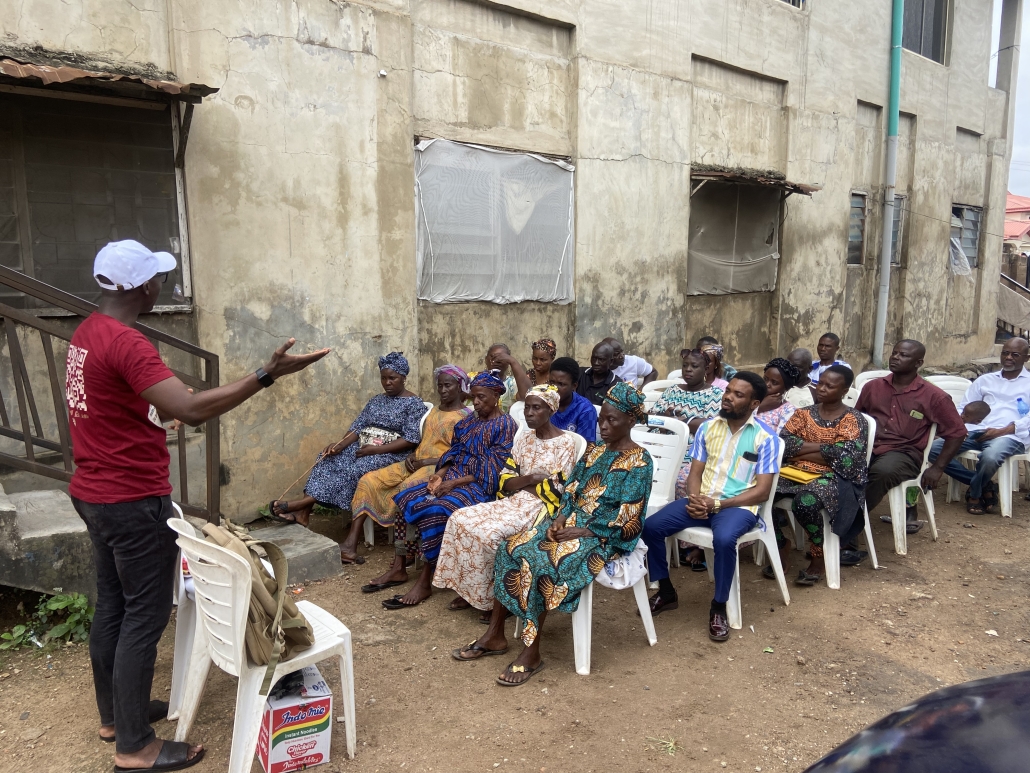

What made Felele strong wasn’t just the number of people but the different kinds of people living there. Some shared good stories about getting free vaccines and meeting friendly healthcare workers, to DEAN Initiative. These stories connected with others who faced similar challenges in a nearby place called Aganni. It was like a shared commitment to keeping everyone healthy, with the DEAN Initiative adding a powerful beat to the rhythm of community health.
The main tune in Felele was getting people who had not received the vaccine to do, with DEAN Initiative making sure the process was smooth. This shared promise wasn’t just a smart thing to do; it showed a deep care for each other. Thanks to the CTAP project backed by DEAN Initiative, the community stood together, creating a positive vibe about getting the COVID-19 vaccine.
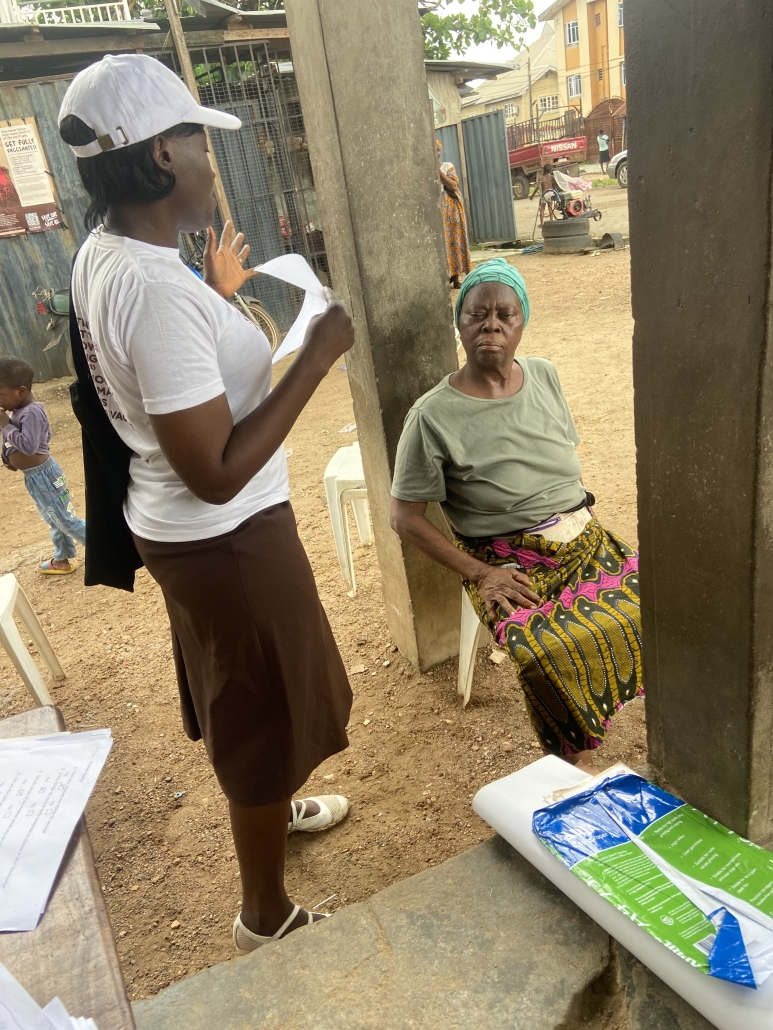
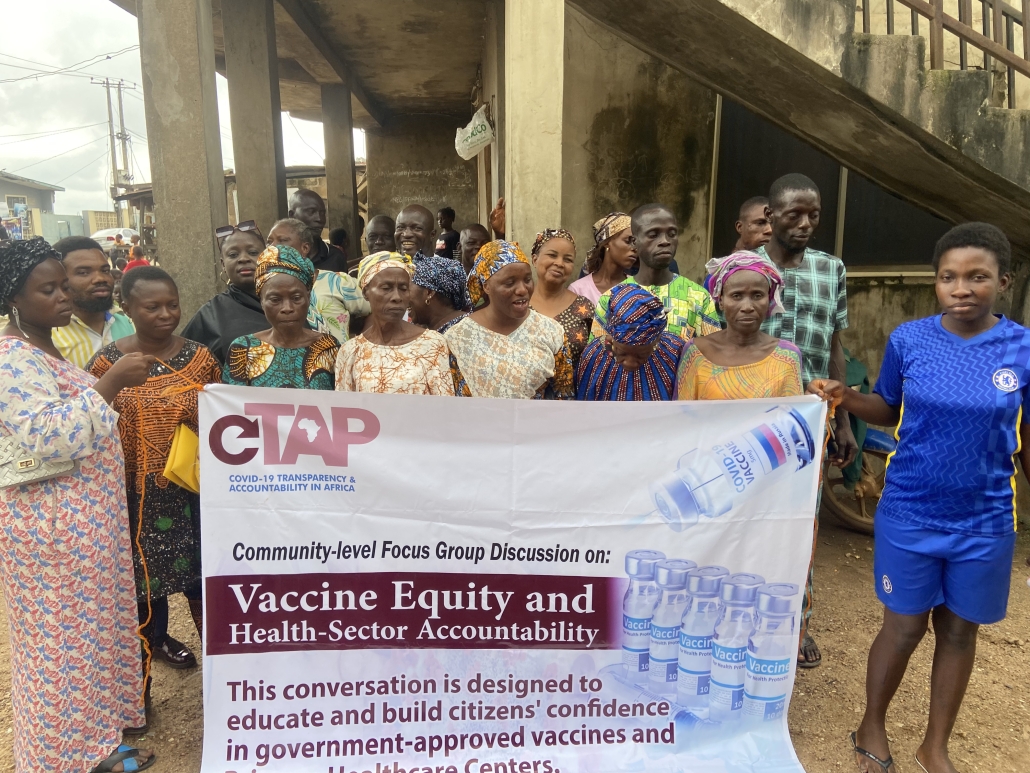
Felele’s story isn’t just a tale; it’s like a simple song, a clear example of how we can work together with community. It shows that when people unite, they become strong, and when everyone takes responsibility together, they become tough against tough times, especially with initiatives like DEAN backing them up.

